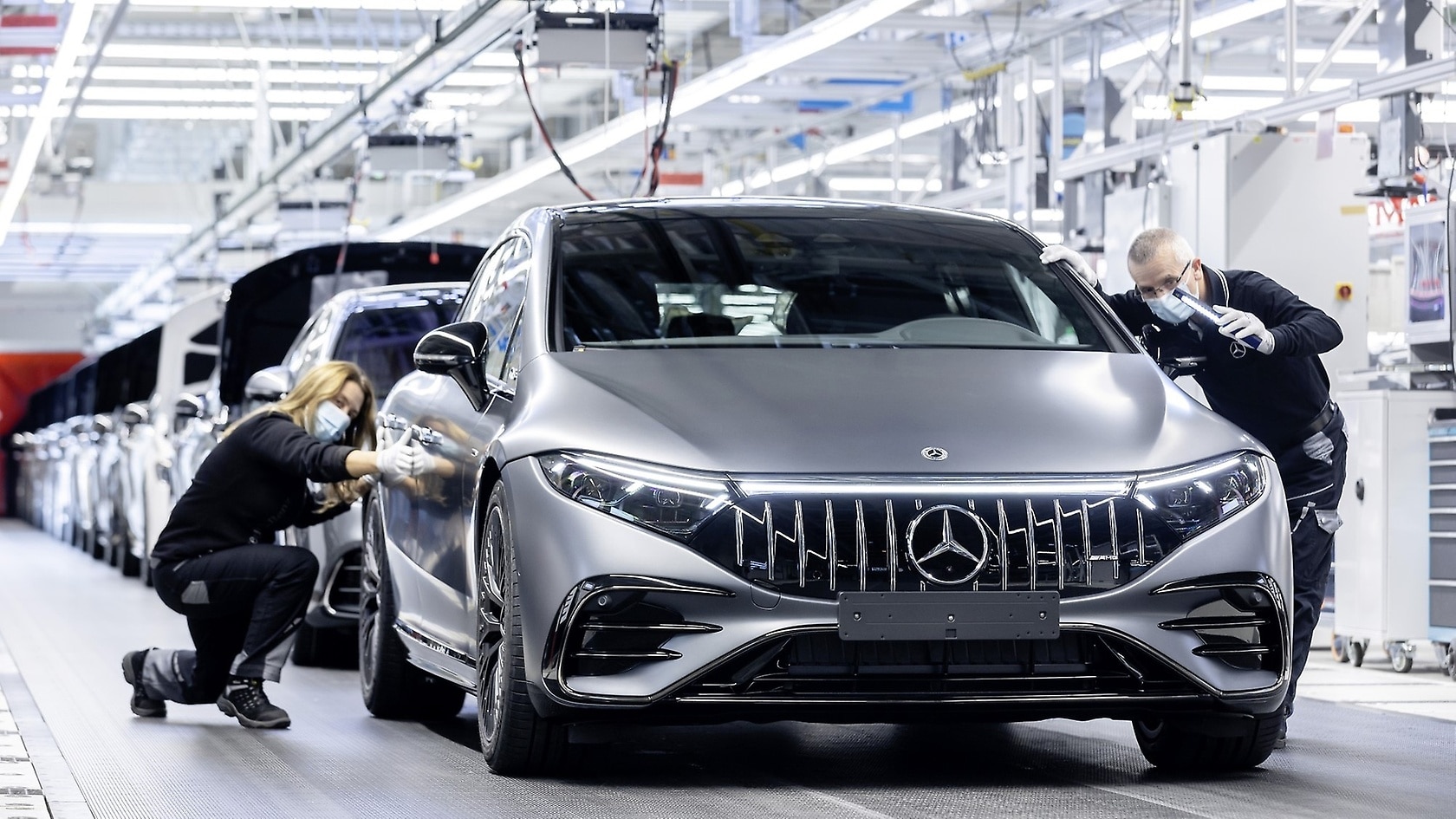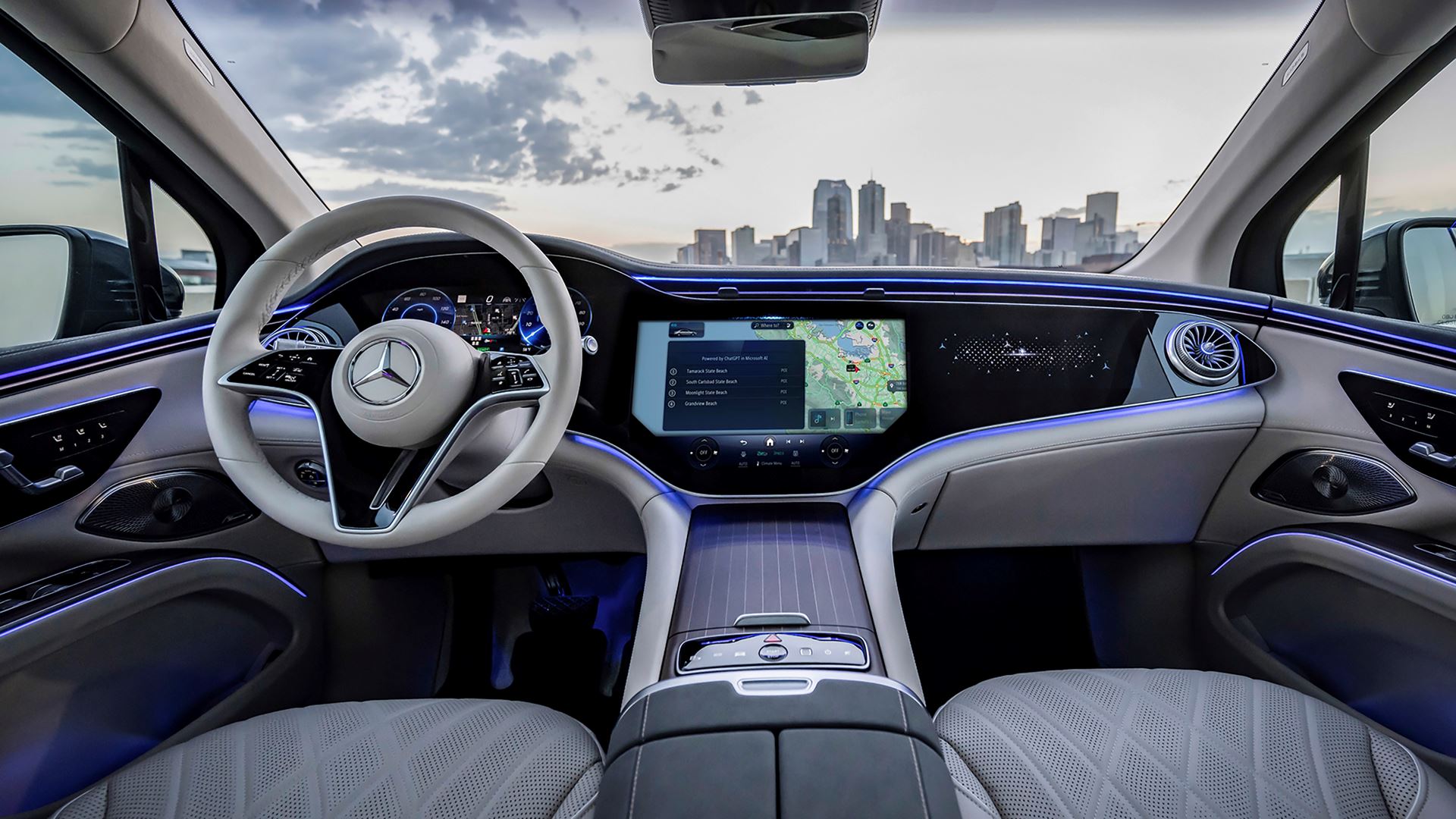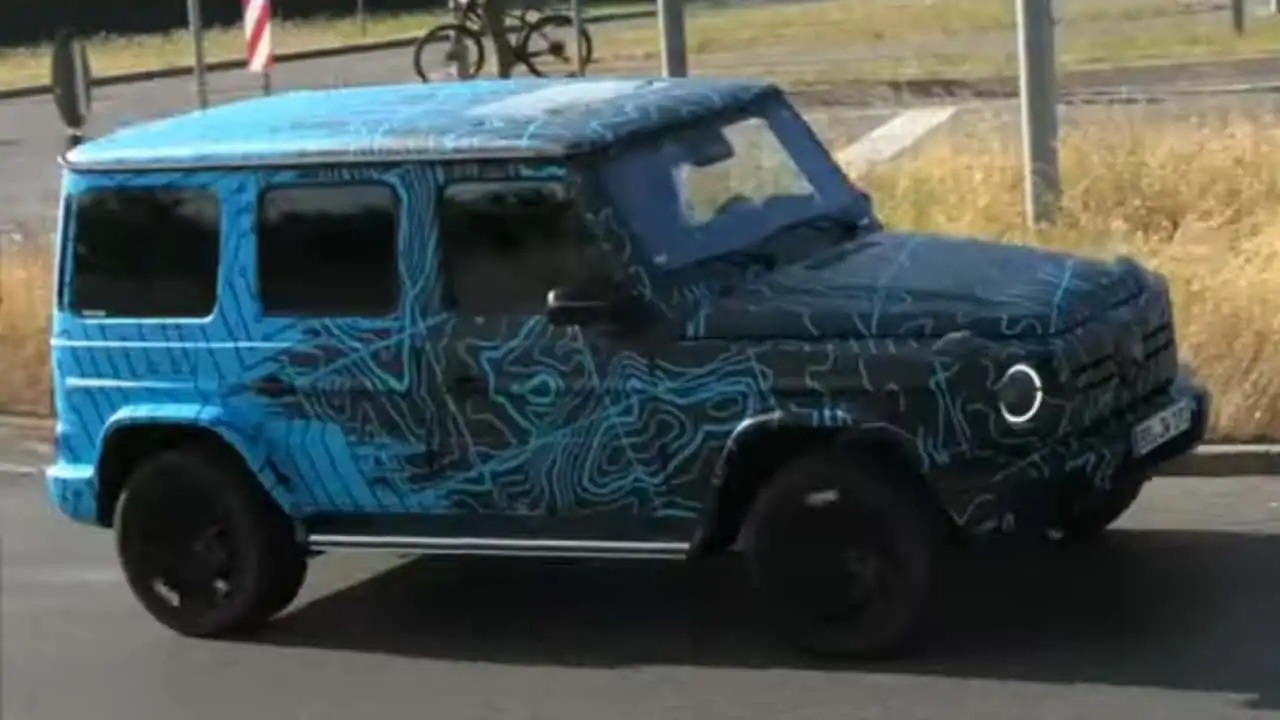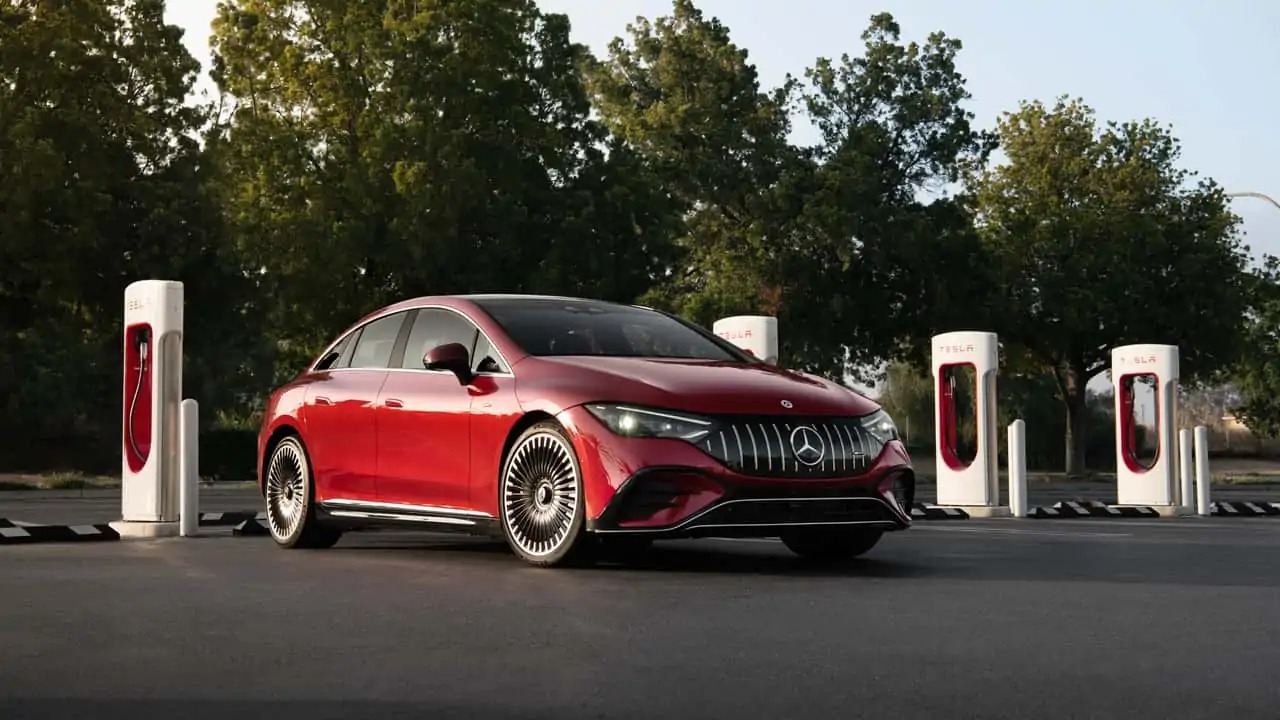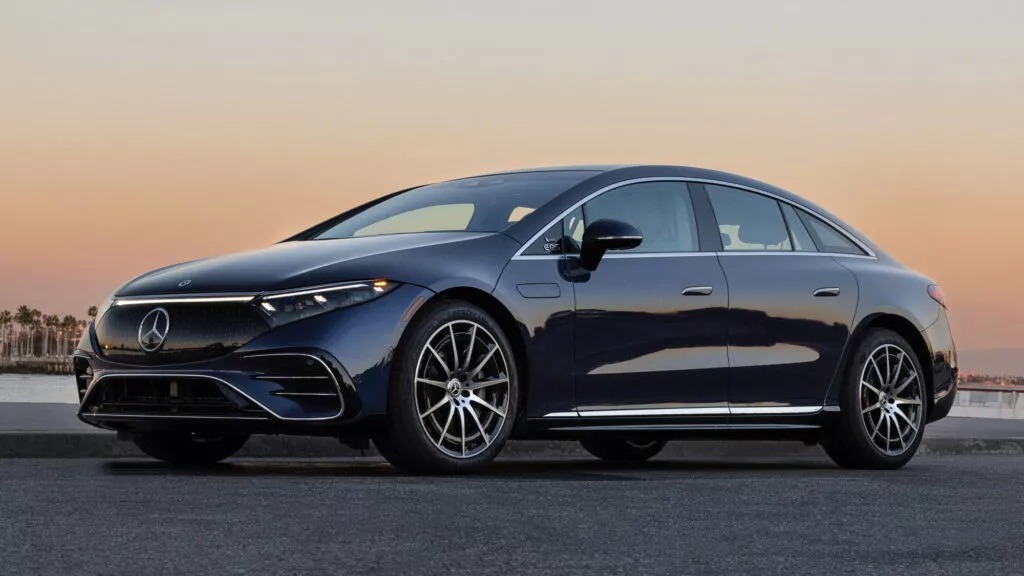Mercedes-Benz, the renowned automobile manufacturer, has unveiled its ambitious plan to incorporate more than 200,000 tonnes of CO2-reduced steel per year into its production plants across Europe. This significant initiative is set to be achieved through partnerships with esteemed European suppliers such as Salzgitter, Thyssenkrupp Steel, Voestalpine, Arvedi, SSAB, and H2 Green Steel, with the goal of implementing the sustainable steel supply chain model as a blueprint for other regions.
The utilization of CO2-reduced steel is a pivotal step towards addressing the environmental impact of vehicle production. Currently, Mercedes estimates that steel accounts for up to 20 percent of the total CO2 emissions involved in manufacturing an electric car. By the end of this decade, the company aims to halve the average CO2 emissions per passenger vehicle in its new vehicle fleet compared to 2020. This reduction will encompass the entire life cycle of the vehicles, encompassing raw material procurement, use, and recycling.
Mercedes-Benz highlights that one of the key methods for reducing CO2 emissions is the combination of a direct reduction process with electric arc furnace (EAF) steel production, rather than the conventional coke-based blast furnace approach. In the direct reduction process, carbon monoxide and hydrogen are employed to remove oxygen from the iron ore, while the electric arc furnace melts the direct-reduced iron with steel scrap to produce steel. By utilizing green hydrogen and renewable energy sources instead of natural gas to power the furnace, emissions can be further decreased, resulting in nearly carbon-neutral steel production.
Thyssenkrupp, one of Mercedes-Benz’s partners, plans to inaugurate its first direct reduction plant in 2026, subsequently supplying the automaker with the CO2-reduced steel. This collaboration marks a significant milestone in Mercedes’ pursuit of its sustainability objectives, according to Markus Schäfer, Member of the Board of Management and CTO of Mercedes-Benz. Schäfer also stated that the company, together with its partners, remains committed to achieving a net carbon-neutral new car fleet by 2039 while simultaneously driving the transformation of the European steel industry.
This latest announcement follows Mercedes’ earlier endeavors to decarbonize its supply chain. In May, the company showcased its commitment to sustainability by incorporating sustainably sourced aluminum into its EQE and EQS electric SUVs. Furthermore, Mercedes-Benz secured a supply contract with H2 Green Steel, a Swedish firm dedicated to sustainable steel production. These initiatives underscore the company’s determination to create a neutral and environmentally conscious manufacturing process.
The integration of CO2-reduced steel into Mercedes-Benz’s production plants not only represents a significant step towards achieving the company’s ambitious sustainability goals but also serves as an encouraging signal for the transformation of the European steel industry. By leading the way in developing sustainable supply chains, Mercedes-Benz aims to inspire and guide other automotive manufacturers towards achieving a net carbon-neutral future, thus ensuring a cleaner and greener mobility landscape.

